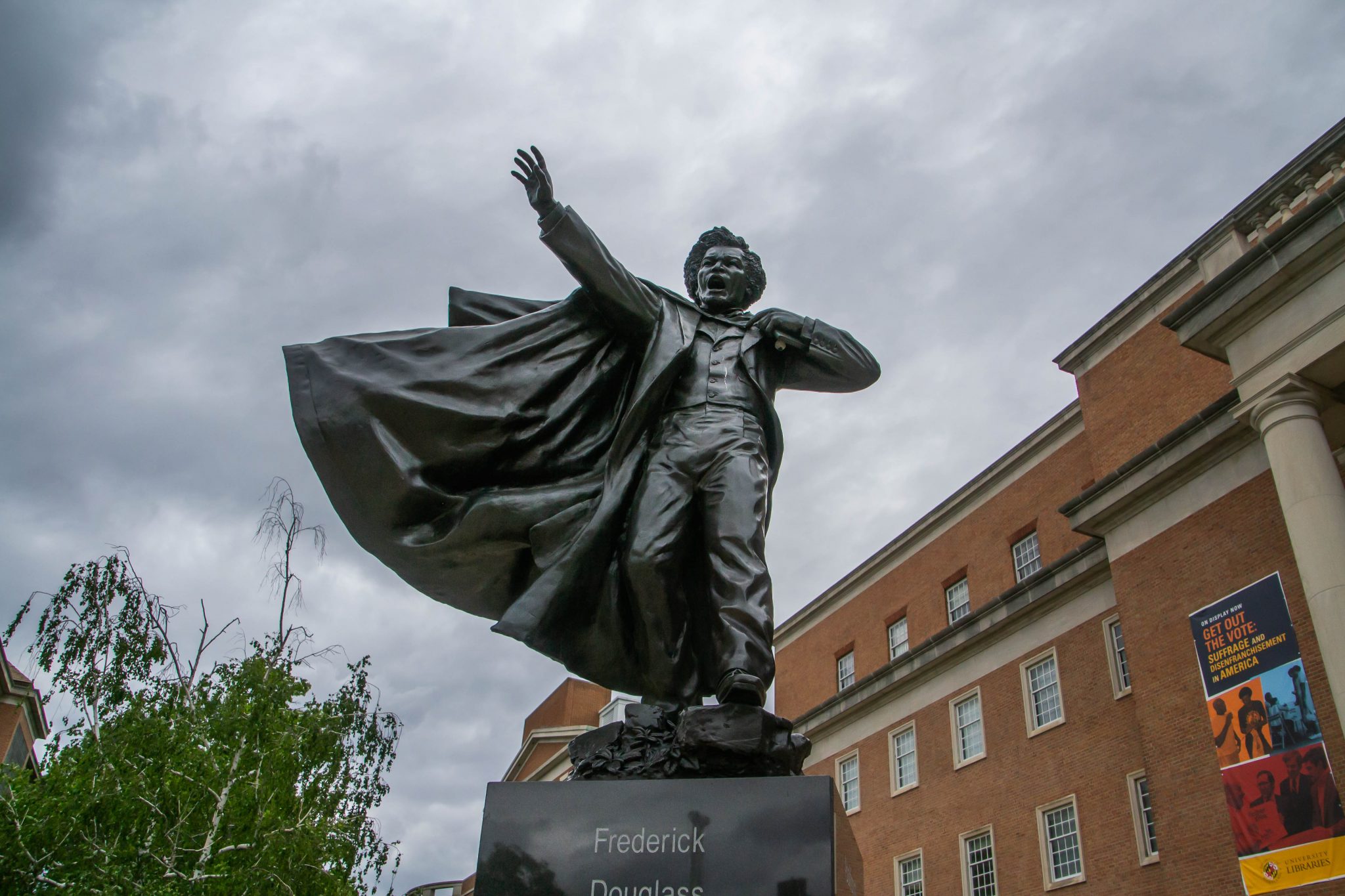The University of Maryland used to serve as a shelter for runaway slaves and profited from the finances of slave owners, according to the findings of the 1856 Project presented at its first annual research update on Wednesday.
The project is a chapter of Universities Studying Slavery, a coalition of more than 100 universities around the world dedicated to investigating the history of slavery in their institutions. It began in 2020 when Morgan State University professor Herbert Brewer delivered a speech at this university, challenging this university to investigate its ties with slavery and join the coalition.
When he was a graduate student at this university in 2006, Brewer created a course that explores slavery in relation to the university.
“I don’t think I’ve ever seen a campus level research and engagement project that has played a role in so many … breakthroughs in historical discoveries and connections,” Adriene Lim, the dean of this university’s libraries, said.
[‘He helped to blaze a trail’: UMD community celebrates former chancellor John B. Slaughter]
The research update opened with a presentation chronicling the university’s history in relation to slavery.
Douglas McElrath, the director of special collections and university archives at this university’s libraries, explained that the land near Riversdale, a property owned by Charles Benedict Calvert — this university’s founder — was used by enslaved people to escape. They utilized the natural geography of the land, consisting of woods, farmland and railroads, to obtain freedom.
“Interpret the land that we are on in this part of Prince George’s County as a landscape for Black resistance and escape from enslavement,” McElrath said.
The group also found several of the university’s earlier presidents had ties to the Confederates — some even serving as ranking officers.
Lae’l Hughes-Watkins, the 1856 Project’s co-chair and this university’s associate director for engagement, inclusion, and reparative archiving, said the financial contributions of the university’s past founders can be commended but also condemned.
Many of the previous financial supporters of the university had direct ties to the slave economy, Hughes-Watkins added.
“While the revelations may not be shocking, it is necessary to repair the narratives to reconstruct the truth,” Hughes-Watkins said.
[1856 Project looks into Black experience at UMD]
Bowie State University senior Marlin Stewart and Myia Elum, a recent graduate of this university, were part of the project’s summer research initiative and also presented their findings.
Elum shared the legacy of Josiah Adams, a free 19th century Black man, who owned Cherry Hill Cemetery. Stewart spoke about the Greenleaf family, who were enslaved on land near this university.
“This university was founded by enslavers, funded by slavery and built on a landscape of enslavement,” Stewart said.
Georgina Dodge, this university’s vice president for diversity and inclusion, also spoke at the research update, expressing her gratitude to the researchers.
“The work is nowhere near completion,” Dodge said. “We are just starting.”



